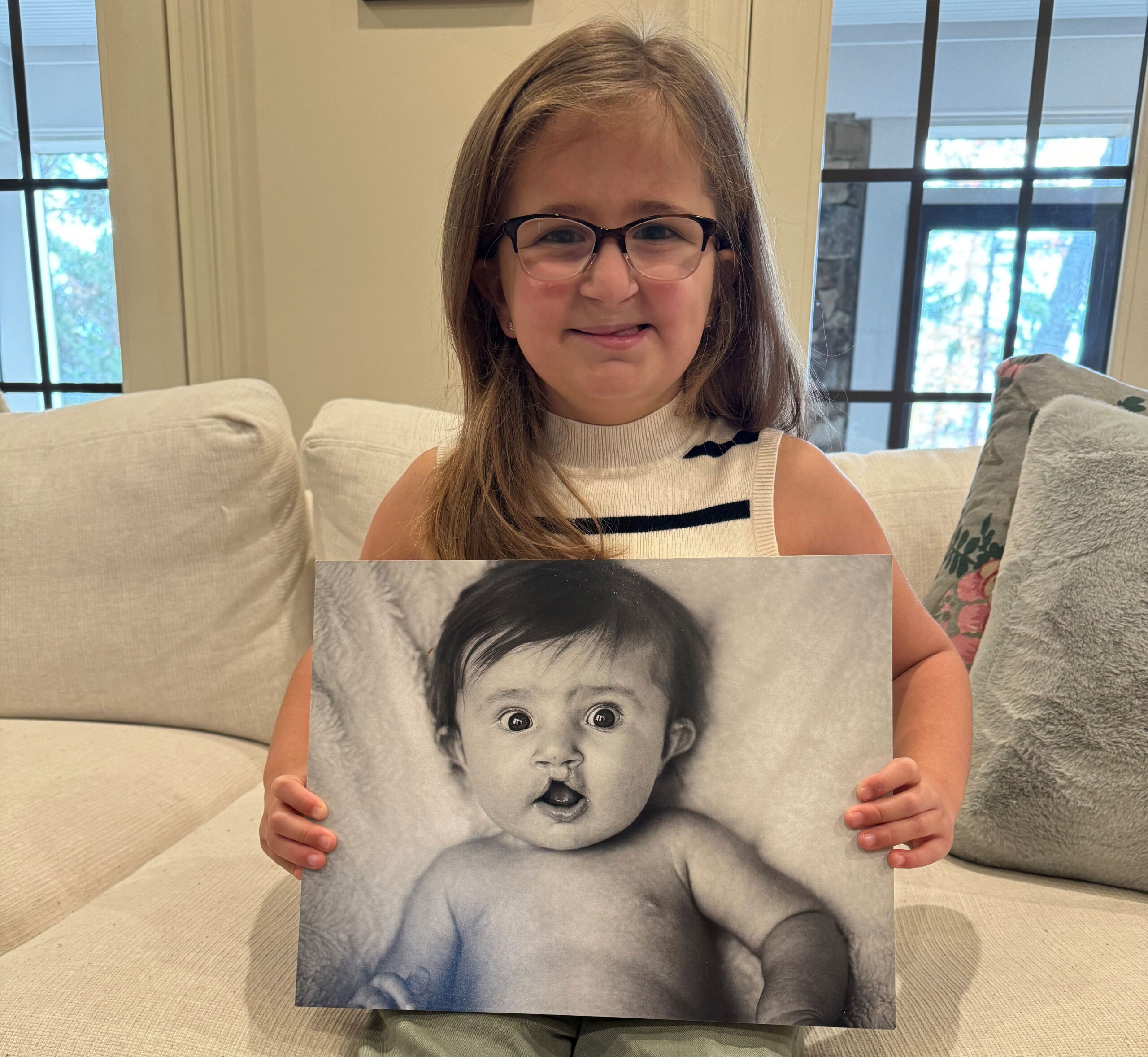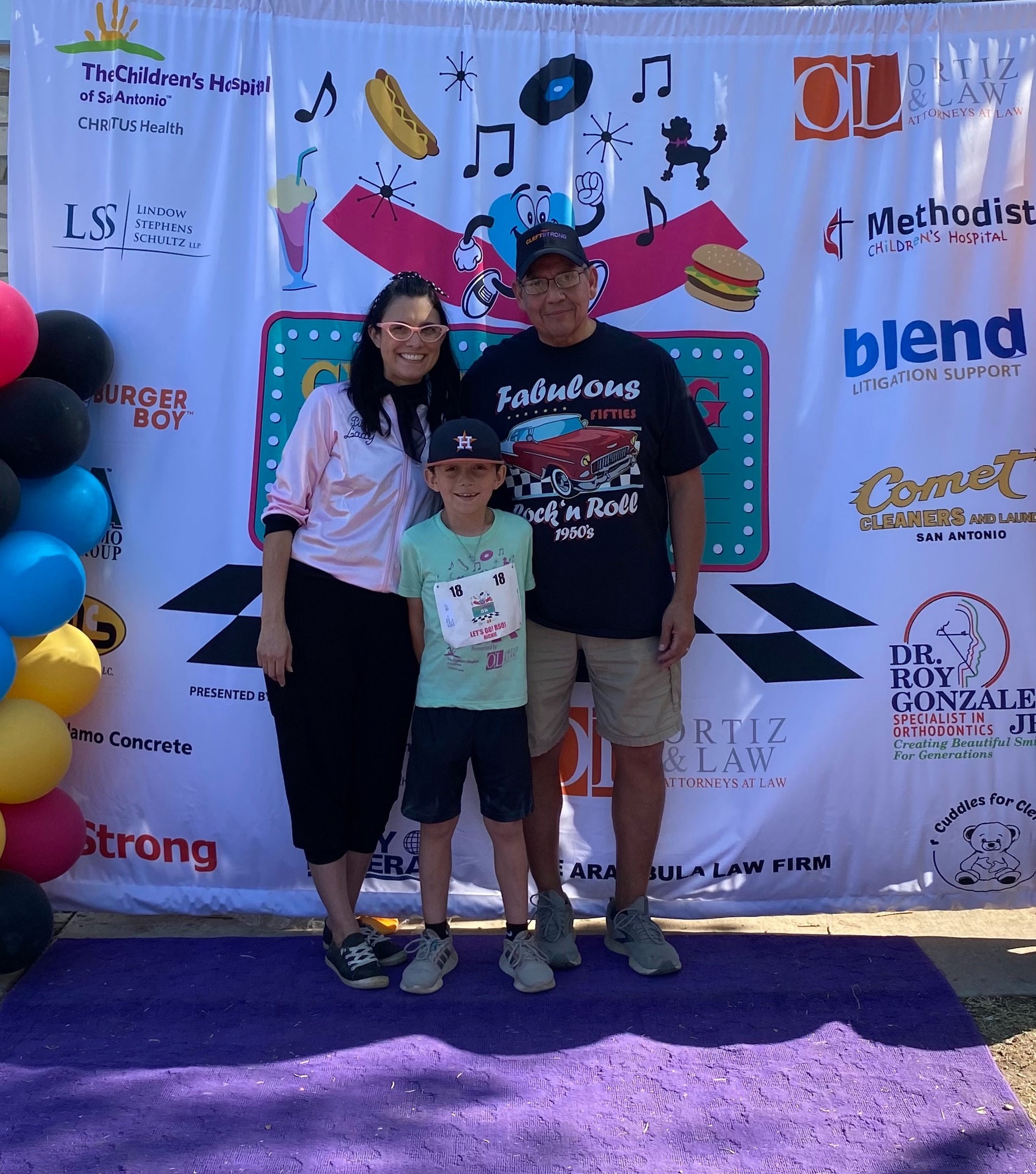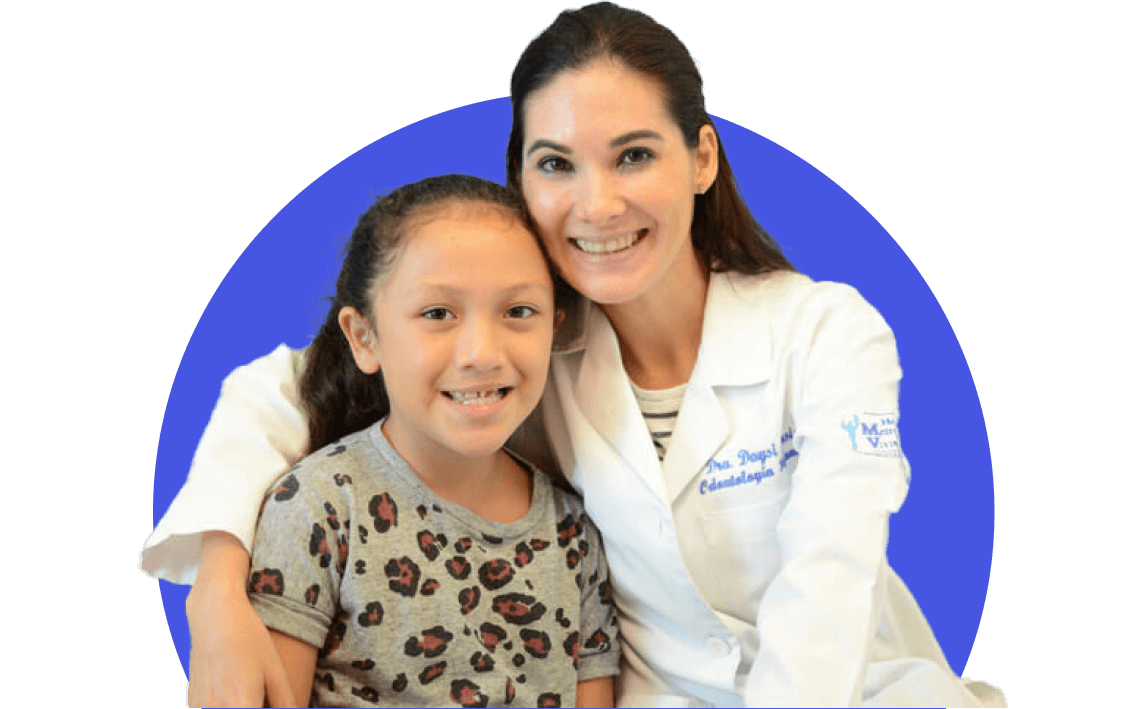“I am an adult who is a member of the first generation that completed the entire cleft lip and palate treatment under the care of a specialized team. First, I want to recognize that the treatment I received was groundbreaking. I remain grateful for the opportunity because it did, and continues to, impact the quality of life I have today.
I feel like somewhat of a historian because I have watched treatment evolve. Having the experience of completing treatment as a patient, and keeping abreast of changes to the treatment procedures in the years after, I am afforded the space to step back and reflect on the process. From this insight, I feel it is important to advocate for future generations. My reflections on the process deepened when I entered graduate school, earning a M.A. in Clinical Mental Health Counseling. I found myself in the unique position of being an adult with cleft lip and palate and a mental health professional, reviewing research around mental health concerns affecting those with cleft lip and palate.
One area that’s gained increased traction, and I advocate for, is attending to mental health as part of cleft lip and palate treatment. Treatment teams are required to have access to mental healthcare providers, but these providers may not be part of the core treatment team. Even if mental health providers are not part of a patient’s core treatment team, one should not overlook or dismiss the importance of mental health aspects to treatment and recovery.
I often see words of support, such as cleft lip and palate children being resilient, or having tenacity. Living the process of correcting cleft lip and palate reveals the reality of these words. Ensuring community support and rallying around those in this process is important, especially when considering the interplay between social support, mental health, and cleft lip and palate.
From both my academic training and personal experience, I also understand the need for difficult conversations regarding mental health care needs in this special population. Such dialog may include acknowledging that sometimes life with cleft lip and palate, and the treatment, can be emotionally demanding. Everyone is unique in terms of what their health care needs are, but there is research identifying known mental health concerns specific to those born with cleft lip and palate, as well as mental health care needs of caregivers. I would encourage those who have completed treatment, or who are in the process of treatment, not to hesitate to ask questions around or to seek a mental health care referral, as needed, as part of their cleft lip and palate treatment journey.
Just as words of support are important, so is normalizing and creating space for conversations around the possible need for mental health care. Words of support can be offered in it being okay to ask for help. I both greatly appreciate the care I received, and hope to advocate for future generations. We are all working together and are ‘standing on the shoulders of giants.’ My hope is that my contribution is to advance awareness around mental health with regards to cleft lip and palate, treating the entire person.”
-Anonymous






